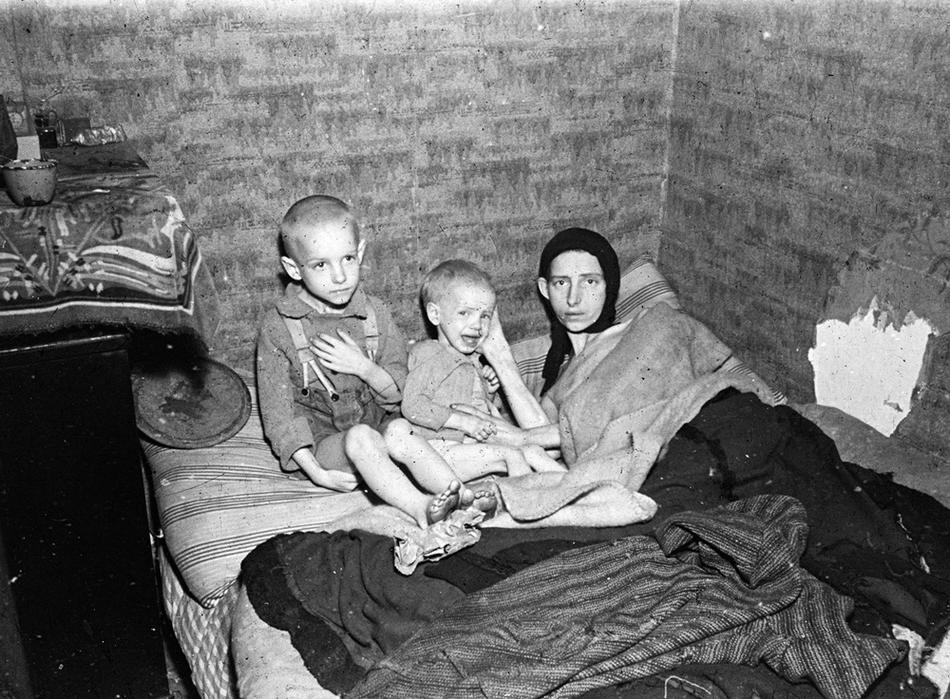In the fall of 1944, as Dutch citizens began to rise up against their Nazi occupiers, German forces tried to quell the unrest by blockading cities and cutting off food shipments. By the time the Netherlands was liberated the following May, some twenty thousand people had died of starvation.
Those who survived the famine, known as the Hunger Winter, have been the focus of numerous studies led by Mailman School epidemiologist L. H. Lumey ’88PH over the past quarter century. A Dutch-born scientist, Lumey is an expert on the long-term public-health effects of severe food shortages. By analyzing the medical records and genomes of thousands of his aging countrymen, he has made some major discoveries, showing, for example, that children born during the Dutch famine were more susceptible to diabetes and obesity as adults.
Now, in a new paper in the journal Cell Reports, Lumey sheds light on a biological mechanism behind this phenomenon, revealing that naturally occurring variations in how our genomes are programmed in the womb gave some babies conceived during the Hunger Winter a survival advantage, only to later harm them.
“We know that the famine caused many, many miscarriages, and we can see now that the babies who survived have distinct patterns of gene expression,” says Lumey, who conducted the research with Dutch and Swedish colleagues. He hypothesizes that the babies’ genetic profiles might have given them slow metabolisms, thus enabling them to thrive on few calories. “Later on, in times of plenty, this would contribute to weight problems and more diabetes.”
Lumey’s discovery has surprised many public-health researchers, since previous studies have shown that malnutrition during pregnancy can inflict lasting damage on infants, leading to a wide array of health problems in adulthood. But Lumey argues that the long-term health problems observed among Dutch people born during the famine may point to natural selection at work, and not to adaptation to malnutrition. "People who are naturally predisposed to needing less food survived the famine in greater numbers," he says, "and now are overrepresented among the general population."
Lumey says that the results of his study should give pause to other researchers who would link prenatal malnutrition to the current epidemic of obesity and diabetes. "We don't dispute that adverse conditions in the womb can have long-term health effects. But to assess the true impact, selection factors should not be ignored."



